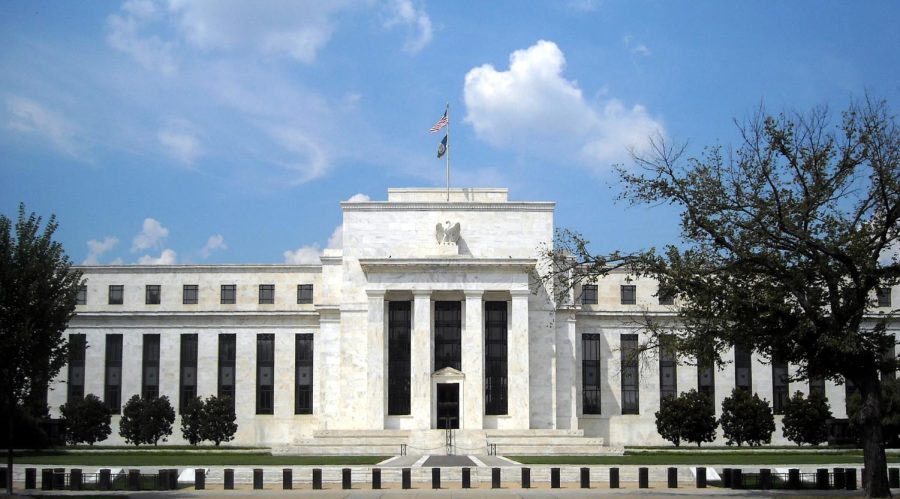Federal Reserve expects to raise interest rates
February 4, 2022
In a Jan. 26 news conference, Federal Reserve Chairman said that he is expected to raise interest rates by March in hopes of curtailing inflation.
This rising inflation was created by supply and demand imbalances related to the pandemic and the reopening of the economy.
Inflation rose to 7% over the last 12 months. This has been the fastest increase in the consumer spending price index since July 1982, according to the U.S. Bureau of Labor Statistics.
Powell did not disclose any information about how much the central bank will raise the federal funds rate because changes with the economy are hard to predict, and instead emphasized that high inflation is getting worse.
As of now, the Fed is keeping interest rates near zero. The rise in the interest rate is expected to happen in the March meeting, assuming that the conditions are appropriate. This will be done to shrink the Fed’s balance sheet, according to CNN.
Rising the interest rates comes in response to a 40-year high inflation, and it is worse than it was in December. The target is to bring inflation down to the central bank’s target of 2%, according to Reuters.
The pandemic fueled much of this issue as it created higher unemployment rates — the highest since the Great Depression — in addition to stimulus checks that allow the flow of more money, higher prices and wages that create imbalances in supply and demand.
Additionally, labor participation is unproductive, and wages are now higher. This is making companies face greater cost pressures on top of supply chain pressure.
Some critics say that the Fed should have put an end to quantitative easing and raised interest rates last quarter, however the Fed has only now announced its plan to do so.
“This is going to be a year in which we move steadily away from the very highly accommodative monetary policy we put in place to deal with the economic effects of the pandemic,” Powell said, according to Reuters.
Higher interest rates discourage borrowing and cause business activities to slow down. This results in the demand for goods and services dropping, and will be beneficial for reducing inflation.
However, a higher interest rate results in lower economic growth, causing people to spend less. This makes buying or selling a home more difficult as the increase in mortgage rates offsets the home’s affordability.
Additionally, borrowers or those who use a credit card will be negatively impacted as interest rate increases. The growth in the stock market will slow down and lead to a rise in the price of some stocks, negatively impacting some industries.
The Dow Jones Industrial average closed down 129.64 points, and the market gains were destroyed after the Fed’s statement.
Additionally, S&P 500 index experienced a 6.52 point decline and Nasdaq composite index lost a 2.82 point decline, according to The Washington Post.
This comes almost two years after the central bank made the rates zero in response to the financially threatening spread of the coronavirus. It seems like the pandemic is deciding where the economy should head.








